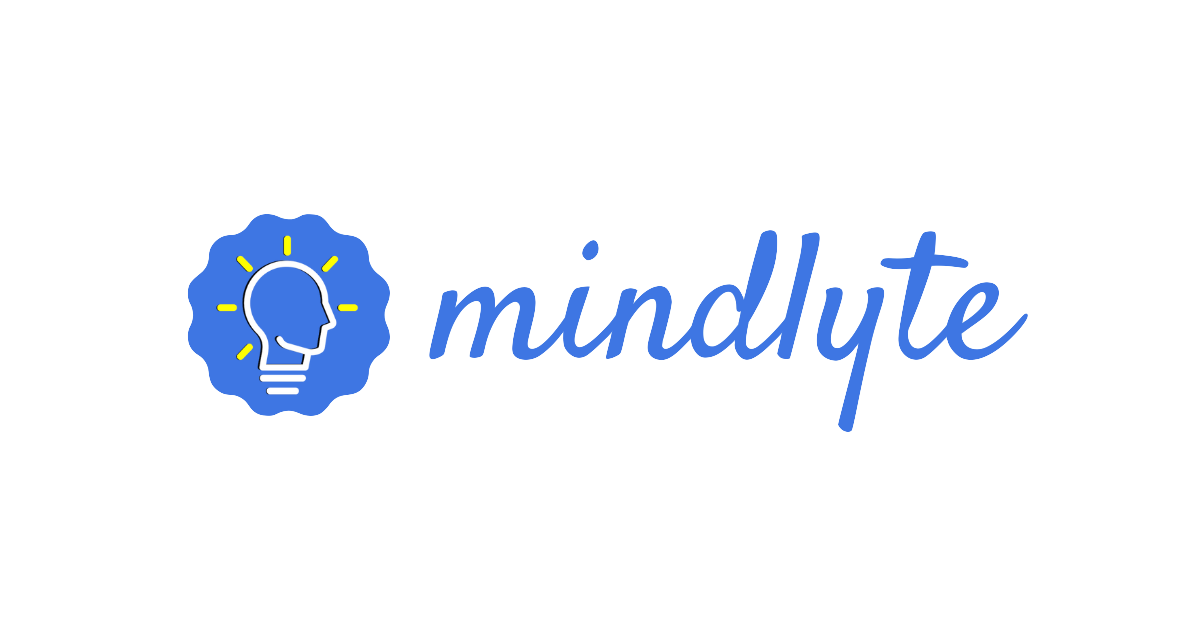
MindLyte is a wellness app designed specifically for college students. The pandemic took a toll on many college students. MindLyte teaches the therapeutic skills that students need to regain control of their wellness & build healthy habits.
MindLyte keeps all of your mental wellness resources in one place:
- Therapeutic skills activities ranging from Cognitive Behavioral Therapy (CBT) & Dialectical Behavioral Therapy (DBT)
- Mindfulness audios
- Journaling
- Quick stress relief activities
- Mental wellness surveys and mood tracking
- Recent psychiatry research articles
- Crisis support hotlines
The MindLyte app gives you immediate access to therapeutic skills to help you get through hard times, fight stress, and learn more about how to manage your mental health. MindLyte gives you the flexibility to choose the wellness activities that you know you need, or fill out assessments to receive personalized recommendations on which activities to do.
Choose from a library of guides that walk you through problems that college and university students regularly face like procrastination, friend group problems, choosing a major, roommate issues, and many more.
Follow the steps of the guide to learn and practice evidence-based therapeutic skills like recognizing negative thought patterns, relaxing with mindfulness meditation audios, improving your distress tolerance, and more.
Unlike other wellness apps, MindLyte is:
PRIVACY-FOCUSED
We don’t share, sell, or trade any user data. We view trust as the foundation of health and wellness.
RESEARCH-BASED
MindLyte is informed by published academic research at the Division of Digital Psychiatry at BIDMC in Boston.
TAILORED TO STUDENTS
MindLyte addresses the unique challenges that students face such as choosing a major, procrastination, roommate problems, and more.
MindLyte provides immediate and personalized mental wellness support because nobody should have to wait to take care of themselves.
The Crimson's news and opinion teams—including writers, editors, photographers, and designers—were not involved in the production of this article.

